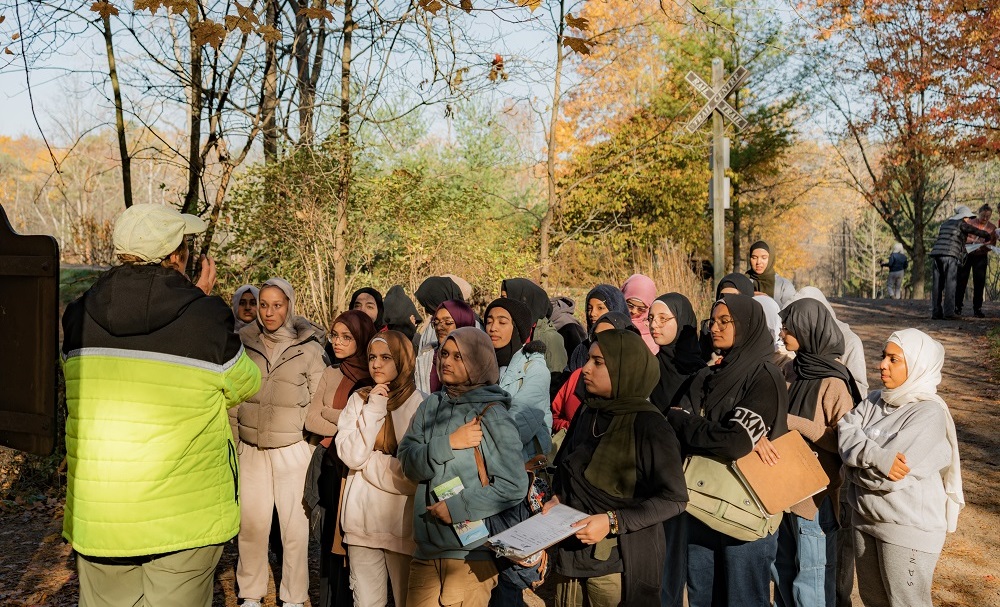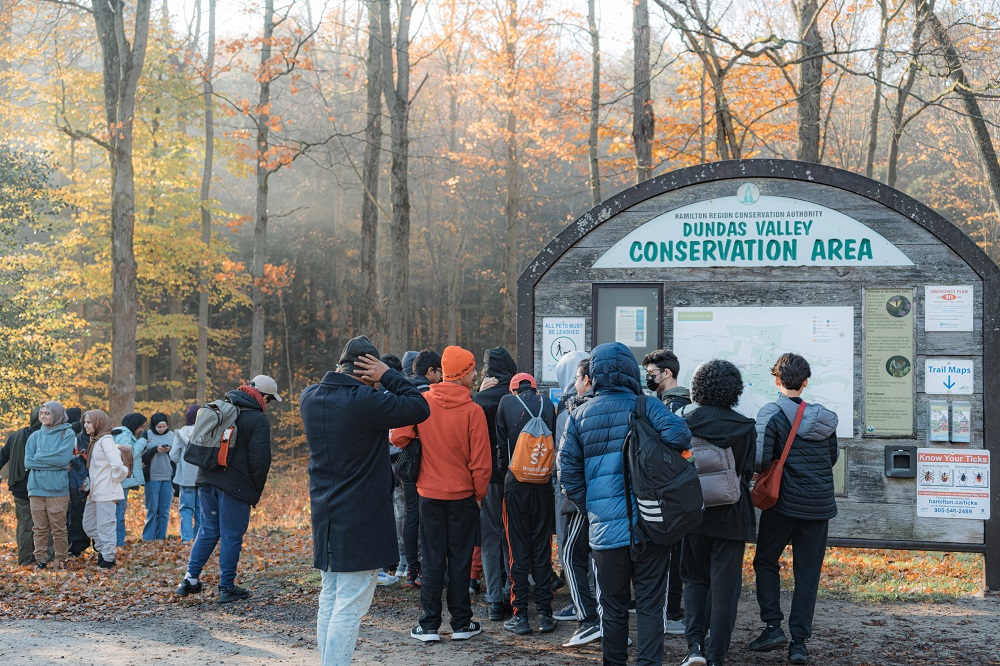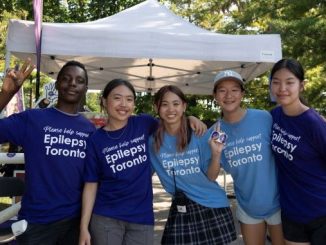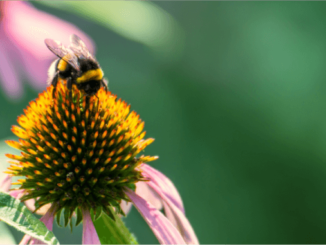In this interview, Aadil Nathani, Co-Founder and Director of Operations and Partnerships at Green Ummah, shared insights into the organization’s mission to foster environmental consciousness and justice within the Muslim community. Founded in 2020 by youth advocates, Green Ummah has quickly become a beacon for environmental advocacy, community engagement, education, research, and innovation.

Describe your charity/non-profit/volunteer work in a few sentences.
Green Ummah (Green Community) is a nationally incorporated non-profit organization seeking to create an environmental and environmental justice movement within the Muslim community. Green Ummah was created in 2020 by youth advocates for the environment who found a gap in the Canadian Muslim community as it pertains to environmental consciousness. Green Ummah focuses on environmental advocacy, community engagement, education, research and innovation. Since its inception, Green Ummah’s marquee accomplishments include hosting Canada’s first Muslim-organized environmental conference in 2021 and launching the world’s first-ever ready-to-teach curriculum focused on Islam & the Environment and Environmental Justice (The Greening our Communities Toolkit) currently being taught in schools across Ontario.
What problem does it aim to solve?
Green Ummah’s mission is to share intersectional knowledge about the environment and environmental issues within the Muslim and newcomer Canadian communities, to build capacity for youth leadership in the environmental movement and to share tools for youth to engage in solution-making for environmental problems.
When did you start/join it?
We began having conversations about the gap in culturally sensitive and inclusive environmental programming in 2019 and the organization was formed in early 2020, right before the COVID-19 pandemic swept over the globe.
What made you want to get involved?
I was completing my studies at Windsor Law and was taking part in a practical course run through the Centre for Cities called the Cities and Climate Action Forum. At the Forum, we were focused on local (municipal) actions that can help solve the global issue we know as climate change. During these sessions, we discussed the need to ensure that the environmental movement is inclusive and engages all communities. In this context, I noted a gap in the environmental programming that existed for Canadian Muslims, and with other youth advocates, began brainstorming how we can start to address the gap.
What was the situation like when you started?
There was a minimal level of programming and engagement with environmental issues at the community level with Canadian Muslims and no concentrated large-scale effort to address this.
How has it changed since?
Along with our partner organizations (EnviroMuslims, Khaleafa, Nature Canada, the Outdoor Learning Store and others), there is now diversified and targeted environmental programming available to Muslim and newcomer Canadians to help make connections to environmental stewardship, environmental justice and sustainable practices. On our end, we have worked with Nature Canada to launch the Greening Our Communities Toolkit in schools across Ontario. The hundreds of students we have worked with demonstrate an understanding of environmental racism, Islamic and Indigenous principles regarding the environment and show a willingness to implement sustainable practices in their homes, schools and communities. Additionally, through our programming, we have also seen an uptick in environmental consciousness and connection to nature.
What more needs to be done?
Thus far, 100% of the students and teachers who have participated in the Greening Our Communities Toolkit have said the program should be taught to more students. In this context, we are working to implement similar programming for different age groups throughout the country. Beyond the Toolkit, there is a lot more work to be done to implement sustainable practices throughout the Canadian Muslim community, to reduce and remove barriers to accessing nature and to nurture a relationship with the planet that creates an impetus for action. There is also work to be done on relationship building between Muslim and Indigenous communities, to position the Muslim community as an ally in reconciliation and environmental protection efforts.

How can our readers help?
We are always looking to grow and expand our programming to involve different communities as we look to build bridges and stand united in our efforts to create an inclusive environmental movement. In this context, it would be helpful to be connected with like-minded people and organizations. Beyond that, as a small, volunteer-run organization, we are always seeking the assistance of volunteers, donors and experts to help us expand our scope.
Do you have any events coming up?
There will be park clean-ups and nature walks coming up which will be announced on our social media.
Where can we follow you?
Instagram | Facebook | LinkedIn
PAY IT FORWARD: What is an awesome local charity that you love?
Nature Canada does incredible environmental advocacy work and has been our supporter since day one!




